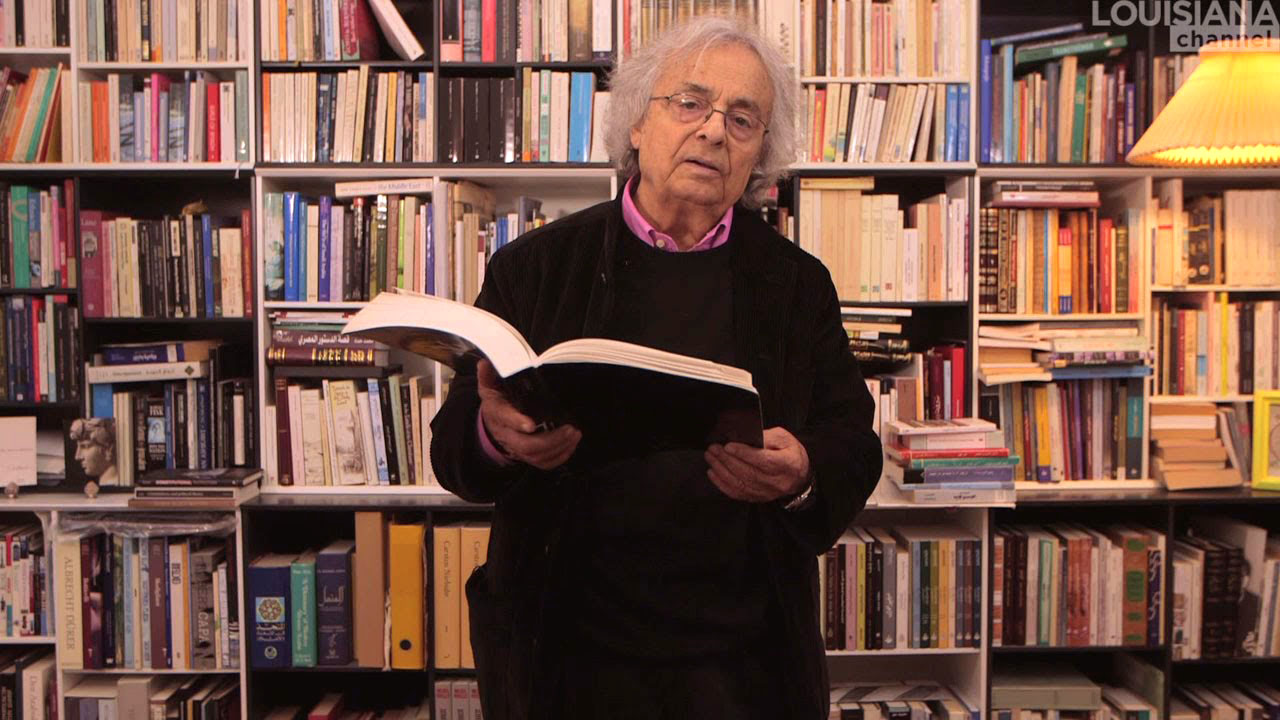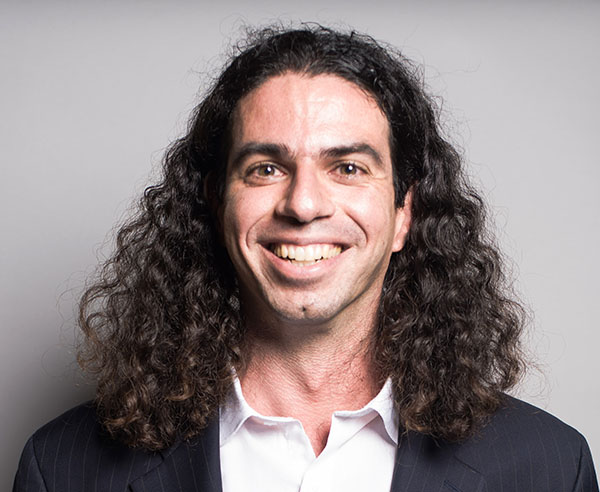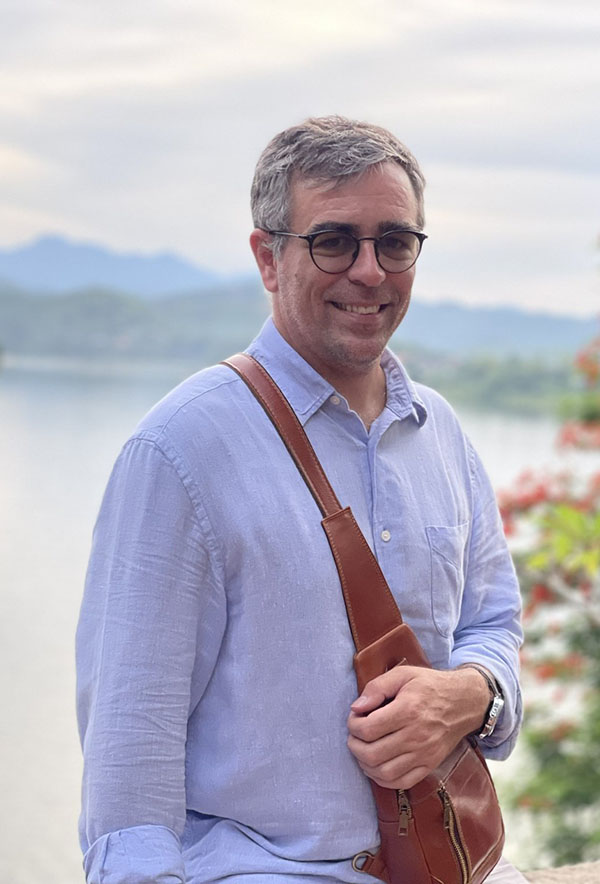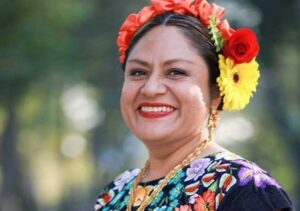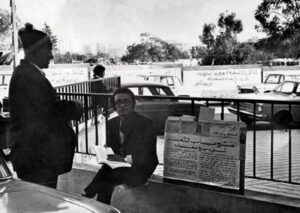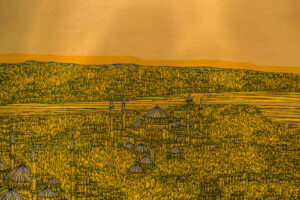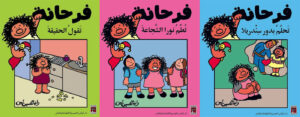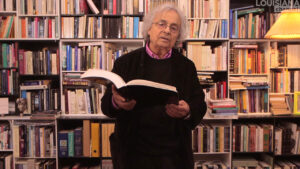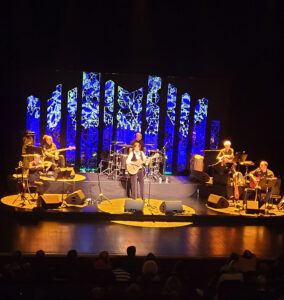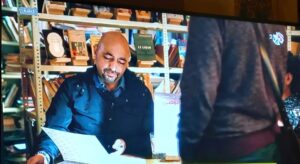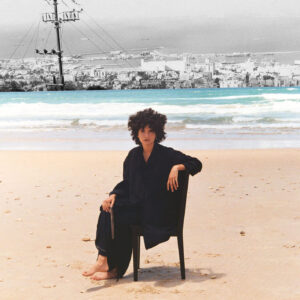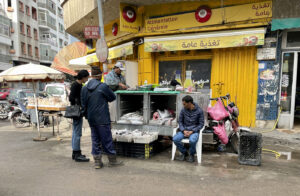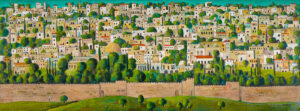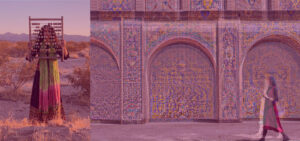From New Directions and two devoted translators comes a fresh volume of Adonis’ classic work, Songs of Mihyar the Damascene. Written in the early 1960s, it is widely considered to be the apex of the modernist poetry movement in the Arab world, a radical departure from the rigid formal structures that had dominated Arabic poetry until the 1950s. Drawing not only on Western influences, such as T.S. Eliot and Nietzsche, but on the deep tradition and history of Arabic poetry, Adonis accomplished a masterful and unprecedented transformation of the forms and themes of Arabic poetry, initiating a profound revaluation of cultural and poetic traditions. Songs of Mihyar is a masterpiece of world literature that rewrites — through Mediterranean myths and renegade Sufi mystics — what it means to be an Arab in the modern world.
Kareem James Abu-Zeid on translating Adonis
Four Powerful Poems by Adonis, from Sons of Mihyar the Damascene
Stone
I worship this tranquil stone—
I saw my face in its lines,
I saw my lost poetry in it.
The Wound
1
The leaves sleeping beneath the wind:
A vessel for the wound.
Time perishing: the glory of the wound.
The trees rising among our lashes:
A lake for the wound.
The wound lies in bridges
When the grave lengthens,
When patience stretches
Between the banks of our love and death.
The wound, a gesture, is passing.
2
I give the voice of the wound
To the tongue of strangled bells,
To stone approaching from afar,
To aridity and the arid land,
To time borne on a stretcher of ice,
I kindle the fire of the wound.
When history burns in my garments,
When blue nails sprout in my book,
When I shout during the day,
Who are you?
Who’s thrusting you
Into my notebooks,
Into my virgin earth?
In my notebooks, in my virgin earth,
I glimpse two eyes of dust
And hear someone say,
“I am the wound that grows
In your narrow history.”
3
I named you cloud,
Wound, dove of departure,
I named you quill and book.
And here I am, starting a dialogue B
etween myself and the drowned tongue
On the isles of exodus,
On the archipelago of the ancient fall.
And here I am, teaching the dialogue
To the wind and palms—
Wound, dove of departure.
4
Had I a harbor, had I a vessel
In the land of dreams and mirrors,
Had I the remains
Of a city, had I a city
In the land of children and weeping,
I would forge them all for the wound
Into a spear-like song
That pierces trees and stones and sky,
A song as supple as water,
Unruly and dazed, like conquest.
5
World adorned with dreams and yearning,
Rain down on our deserts,
Rain down, but shake us, palms of the wound,
And break two branches off for us
From the trees that love the silence of the wound,
From the trees with arched lashes and hands
That keep vigil over the wound.
World adorned with dreams and yearning,
World falling in my brow,
Drawn like the wound,
Come no closer—the wound is closer than you.
Don’t tempt me—the wound is more beautiful,
And the wound has passed by that enchantment
Cast by your eyes
In the last kingdoms,
Passed without leaving a sail to tempt it astray,
Without leaving it an island.
A God Has Died . . .
A god has died, he dropped
From over there, from heaven’s skull.
Perhaps in terror and destruction,
Amid despair, in the wilderness,
The god will rise from my depths.
Perhaps, because the earth is my bed, my bride,
Because the world itself bows down.
My Disquiet
Darkness on my horizon, My disquiet—
Constrict my revival, tie it up and tear it apart,
Storm it and burn it.
Perhaps in its ashes
I’ll invent a clear dawn.



